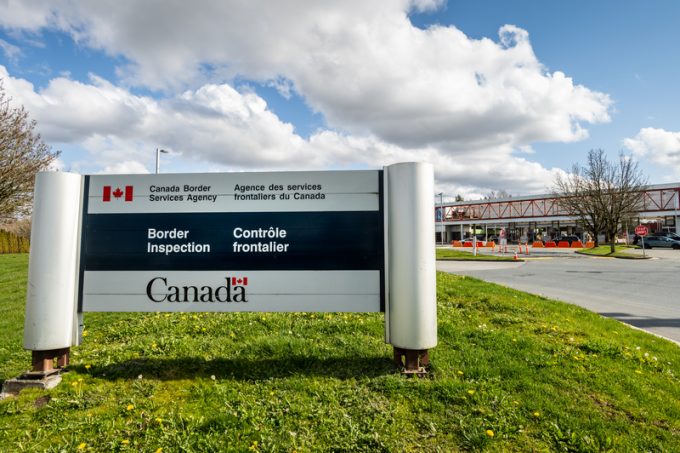Unions renew call for industrial action at France’s biggest box port
Docker and port worker unions at France’s biggest container port, Le Havre, have begun a ...

Chances of disruption to cargo flows in and out of Canada went up a notch when customs and immigration agents voted to strike over their contract negotiations with the Canada Border Services Agency (CBSA).
The proposal was supported by 96% of the Border Services group of the Public Service Alliance of Canada (PSAC), and the union noted its members had been without a contract for more than two years.
Chris Aylward, national president, said: “Taking job action is always a last resort, ...
Transpacific sees first major MSC blanks as rates fall and volumes falter
'It’s healthy competition' Maersk tells forwarders bidding for same business
Opposition builds for final hearing on US plan to tax Chinese box ship calls
White House confirms automotive tariffs – 'a disaster for the industry'
New price hikes may slow ocean spot rate slide – but for how long?
Supply chain delays expected after earthquake hits Myanmar
Shippers snap up airfreight capacity to US ahead of tariff deadline
Good start for Gemini, liner schedule reliability data reveals

Comment on this article